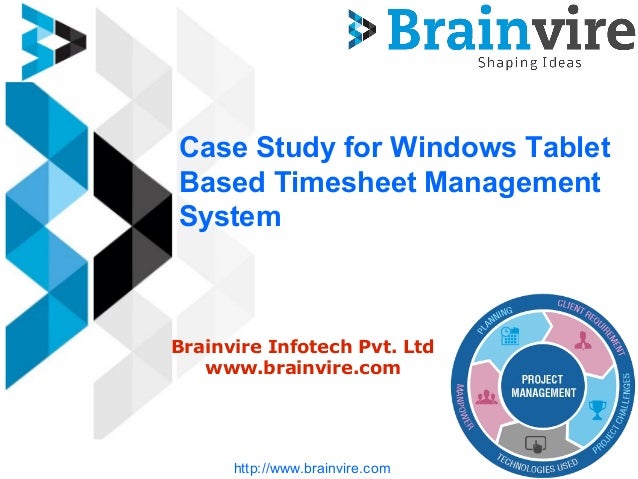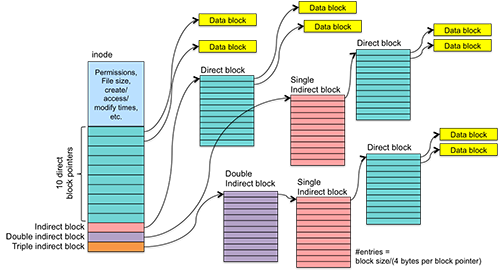Case study unix operating system ppt
Chapter The Linux System * * * * * * * * * * * * * * * * * * * * * * * * * * * * * * * Silberschatz, Galvin and Gagne © Operating System Concepts – 8th.

It skipped Vista and went straight to Windows 7. David Hilland, deputy IT director at Baker Tilly said the company needed to join the early adopter programme out of necessity. These make it easier for the IT department to manage enterprise security. It also makes it possible for the IT department to set up automatic operating system maintenance.

This keeps desktop hardware running efficiently. Like many businesses, Baker Tilly needed to run application compatibility testing to ensure XP applications were available or could be ported to Windows 7.

This took four months. Now just one application is not available on the company's Windows 7 desktop infrastructure.

This lets users use a virtual machine on Windows 7 to access XP applications. The performance boost Windows 7 has given his older PCs is perhaps the most surprising benefit for Hilland. We have had feedback from users who say their machines are running much faster under Windows 7, compared to XP.

Overview Microsoft Hotmail service is a leading provider of free, Web-based e-mail, which in January surpassed million active users worldwide and continues to grow at the rate of approximately 11 million users per quarter.
On a typical day, there could be as many as thousand mailbox additions andretired.

That is overchange requests in a single day. Hotmail chose Microsoft Windows Server to keep pace with this applications vital need for greater performance, increased scalability, foreign language support, and shorter development cycles.

Microsoft Hotmail web-based e-mail service is one of the most widely adopted free e-mail services available on the Internet. Acquired by Microsoft inwith an installed base of 9 million users, the e-mail service now comprises the largest server farm in the MSN network of Internet services Web properties.

The original builders of the application created a two-tier architecture built around various UNIX systems. The current network of more than 5, servers is organized into about a dozen clusters; each consisting of front-end servers linked to data storage machines. The purpose of this technical case study is to describe how that migration was accomplished.

The technical case study and the actual process of migration are broken down into three distinct stages, specifically: The emphasis of this technical case study will be to describe, "How the migration was accomplished" and the factors that were key to its success.